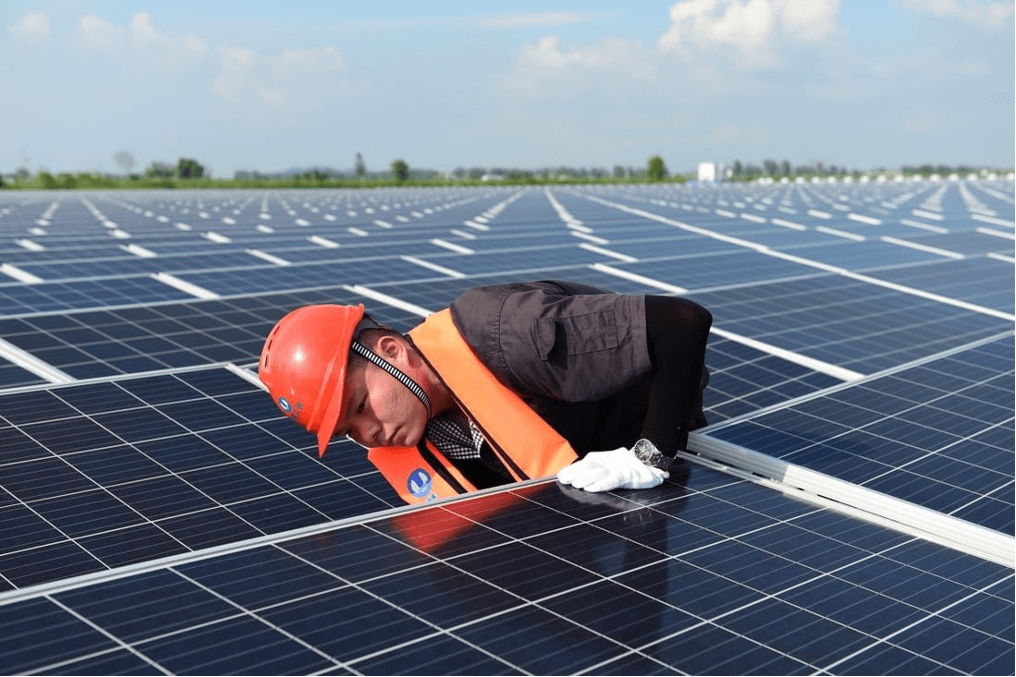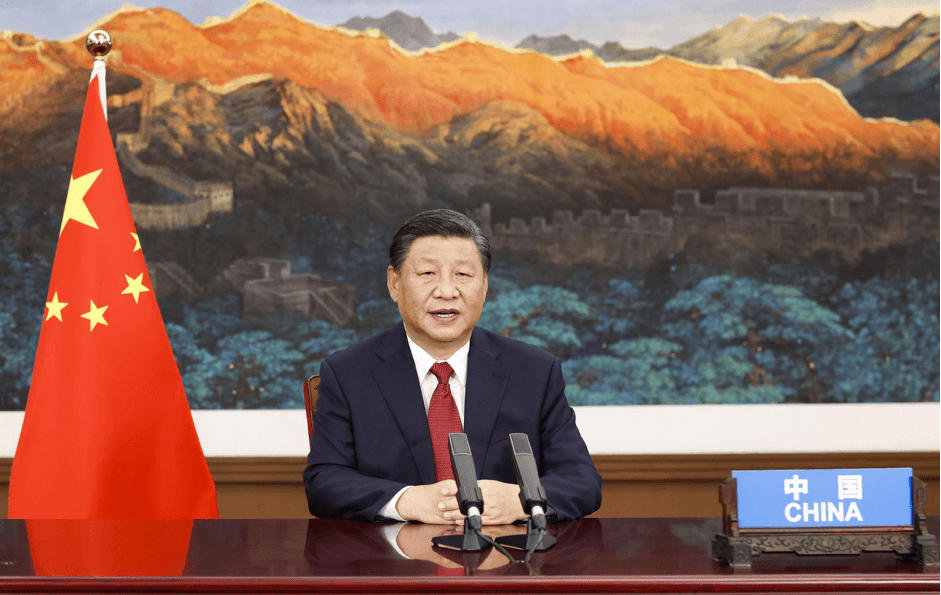Climate & Energy
Many countries of the Belt and Road Initiative are among the world’s major energy producing and consuming countries. At the same time, they are mostly developing countries, with the requirement to continue expanding its energy markets. As many of China’s investment and financing projects along Silk Road have climate effects, China plays a major role in supporting BRI countries in adjusting their energy structure and build climate resilient infrastructure, reduce carbon emissions and be more adaptable to climate change.
China’s responses to climate change are an important part of its efforts to achieve eco-environmental progress and high-quality development. Based on the requirements of its internal sustainable development, and its due responsibility for building a global community of shared future, China has formulated new principles on tackling climate change and is contributing its solutions to global climate governance.

[Photo / South China Morning Post]
Climate and energy policies
-
Opinions on the Joint Implementation of Green Development in the Belt and Road Initiative
On March 28, 2022, four Chinese ministries published a key policy document on the further greening of the Belt and Road Initiative (BRI), entitled Opinions on the Joint Implementation of Green Development in the Belt and Road Initiative (the “Opinions”). Greening the BRI means reducing climate emissions, reducing pollution, and protecting biodiversity while providing improved economic opportunities for the countries involved. The Opinions highlight some important ambitions to achieve this goal.
The Opinions reaffirm that no new coal power plants will be built in the BRI, which is a key commitment towards global action on climate change. In addition, the Opinions address many other important issues, covering the development of “green” infrastructure projects in power and transportation, industry and manufacturing, green finance and cooperation on standards. It specifically talks about reducing and controlling project-level environmental risk.
-
China’s commitment to stop building new coal-fired power projects abroad
On Set 21, 2021, Chinese President Xi Jinping said that China will step up support for other developing countries in developing green and low-carbon energy, and will not build new coal-fired power projects abroad.
Xi made the announcement in his statement delivered via video at the general debate of the 76th session of the United Nations General Assembly. Xi stressed the importance of improving global environmental governance, actively responding to climate change and creating a community of life for man and nature. He also underlined accelerating transition to a green and low-carbon economy and achieving green recovery and development. "China will strive to peak carbon dioxide emissions before 2030 and achieve carbon neutrality before 2060. This requires tremendous hard work, and we will make every effort to meet these goals," he said.
Coal projects were a consistent feature of the BRI in the last few years. In 2015, coal accounted for 46% of China’s energy investments through the BRI, according to the International Institute for Green Finance, a Beijing-based think tank. China’s pledge to stop building new coal-fired power projects overseas could improve the reputation of its massive Belt and Road Initiative, said the president of the Asian Infrastructure Investment Bank.

Chinese President Xi Jinping expounded on China's positions on a range of important issues when he addressed the General Debate of the 76th Session of the United Nations General Assembly via video link on Sept 21, 2021. [Photo/Xinhua]
-
Green Development Guidelines for Foreign Investment and Cooperation
On July 16, 2021, the Ministry of Commerce (MOFCOM) and the Ministry of Ecology and Environment (MEE) of China issued the “Green Development Guidelines for Foreign Investment and Cooperation” (hereinafter referred to as the 2021 Green Guidelines). The Guidelines focus on both investment and trade. With MOFCOM being responsible for regulating Chinese overseas projects including their environmental standards, while MEE is responsible for providing concepts and knowledge, this Guidelines must be considered highly influential in pushing for a green BRI where enterprises should “follow international green rules and standards” in their overseas economic activities.
By explicitly copying the two policy banks China Development Bank (CDB) and the Export-Import Bank of China (EXIM Bank), as well as China Export and Credit Insurance Corporation (Sinosure) in the document, also policy banks as the major sponsor of overseas investments are addressed. However, the Guidelines are only voluntary and apply only “to activities related to green development of Chinese businesses in outbound investment and cooperation” and mostly for enterprises (not commercial financial institutions).
-
Beijing Initiative for Belt and Road Green Development
At the Third Belt and Road Forum for International Cooperation High-level Forum on Green Development held in Oct 2023, the "Beijing Initiative for Belt and Road Green Development" (hereinafter referred to as the Initiative) was officially released and included in the Chairman's Statement and the list of outcome documents.
The Initiative reviewed the positive progress made in green development in the 10 years of the Belt and Road Initiative, and the important role of Belt and Road cooperation in promoting countries to achieve green and sustainable development and the 2030 Sustainable Development Goals.
It proposes that all parties should follow the principle of extensive consultation, joint contribution and shared benefits, strengthen policy communication and strategic alignment on green and low-carbon development, share concepts and practices on green development, and call for more cooperation on climate change, biodiversity management, pollution prevention and control, green infrastructure, green energy, green transportation and green finance. The Initiative encourages the International Alliance for Green Development under the Belt and Road Initiative to play its role as a platform and deepen the Partnership for Green Development.
The initiative was initiated by more than 30 co-sponsors, including governments and environmental authorities, international organizations, research institutions, financial institutions and enterprises from 21 countries.
The full document can be seen at https://www.yidaiyilu.gov.cn/p/0IFPHQIC.html